Stress Test for UK Broadband as BBC Trial 4K HDR Streams on iPlayer
Video streaming accounts for around 70% of all consumer Internet traffic (here) and as such any change in its landscape can have a big impact upon broadband ISPs (network capacity and speeds), particularly when a key content provider like the BBC adds 4K UltraHD content to its iPlayer service.
At present most of the major premium streaming services, such as Netflix and Amazon Prime Video, have already introduced 4K quality (3840 x 2160 pixels) streams and these tend to require a “superfast broadband” download speed of around 25Mbps (Megabits per second). However this also tends to reflect a higher cost premium tier, which helps to limit uptake. We should add that BT and Sky also have 4K services, albeit of a different approach (Virgin Media will shortly join this club too).
The fact that most people still don’t own a 4K display is another limiting factor for uptake, but times are changing and 4K is fast becoming increasingly common. As such it’s no surprise to see that the BBC’s iPlayer service is finally about to trial 4K support, which could have a massive impact due to its huge popularity and free access.
On top of that the BBC isn’t just trialling any old form of 4K content and have instead decided to test the very latest High Dynamic Range (HDR) technology, which enables the video to contain even more colour and vibrancy. At present we don’t know precisely how much impact this will have on the required broadband speed, but it’s certain to be even more demanding.
Phil Layton, BBC R&D Head of Broadcast and Connected Systems, said:
“One of the clips is a frog on a leaf with lots of rain [taken from the new Planet Early 2 TV series], and the reason this is so interesting is that the redness of the frog is a really deep Ferrari red that you would never get in broadcast television at the moment.
We want to show that this is how the BBC could make ultra-high definition HDR material available to iPlayer. And we want to use this as a trigger to work with manufacturers to get their products updated so there’s a pathway there for future on-demand BBC content.”
The good news for broadband ISPs, which are constantly having to add new network capacity in order to keep up with our ever rising data demands (this is one reason why the price you pay keeps going up each year), is that the BBC’s trial is currently limited to a 4 minute clip (hope you like watching frogs).
Furthermore only a tiny minority of TV’s can even display the HDR content (e.g. Panasonic’s latest Hybrid Log-Gamma (HLG) supporting screens), although future 4K streams on iPlayer will also come in a more normal non-HDR format. The BBC still has a few problems with HDR to iron out, but they expect to have overcome those by mid-2018 and the iPlayer trial will run until early 2017.
Just to put this in some perspective, a one hour episode of Planet Earth 2 running in normal 4K could easily gobble around 7-11GB (GigaBytes) of data on a 25Mbps broadband line. We give a variable figure because the Bitrate of a video stream will vary depending upon the content being displayed. For example, some less complicated scenes may only need a 5-6Mbps speed and others could ramp to 30Mbps+.
At this stage we don’t know the impact of HDR, in terms of the broadband performance required, and nor can we be certain of the BBC’s general 4K requirements via iPlayer (in the past their 4K broadcast streams ran at around 35Mbps on both DTT and MPEG-DASH).
So ISPs don’t have to worry just yet, but it’s clear from today’s news that 4K streams are on their way to iPlayer and eventually this will be as common place as HD is today. A lot of modern HD streams only need around 5Mbps of speed, albeit depending upon the codec and HD quality used (720p vs 1080p etc).
We should conclude by pointing out that around 91% of the United Kingdom are now able to order a 24Mbps+ capable broadband connection, although sadly most of the country still uses older and slower ADSL lines; even at their best (around 20Mbps) these struggle to handle 4K without excessive buffering.. buffering.. buffering.
Mark is a professional technology writer, IT consultant and computer engineer from Dorset (England), he also founded ISPreview in 1999 and enjoys analysing the latest telecoms and broadband developments. Find me on X (Twitter), Mastodon, Facebook and Linkedin.
« UK ISP TalkTalk Criticised for Questionable Router Security Advice
Latest UK ISP News
- FTTP (5513)
- BT (3514)
- Politics (2535)
- Openreach (2297)
- Business (2261)
- Building Digital UK (2243)
- FTTC (2043)
- Mobile Broadband (1972)
- Statistics (1788)
- 4G (1663)
- Virgin Media (1619)
- Ofcom Regulation (1460)
- Fibre Optic (1394)
- Wireless Internet (1389)
- FTTH (1381)
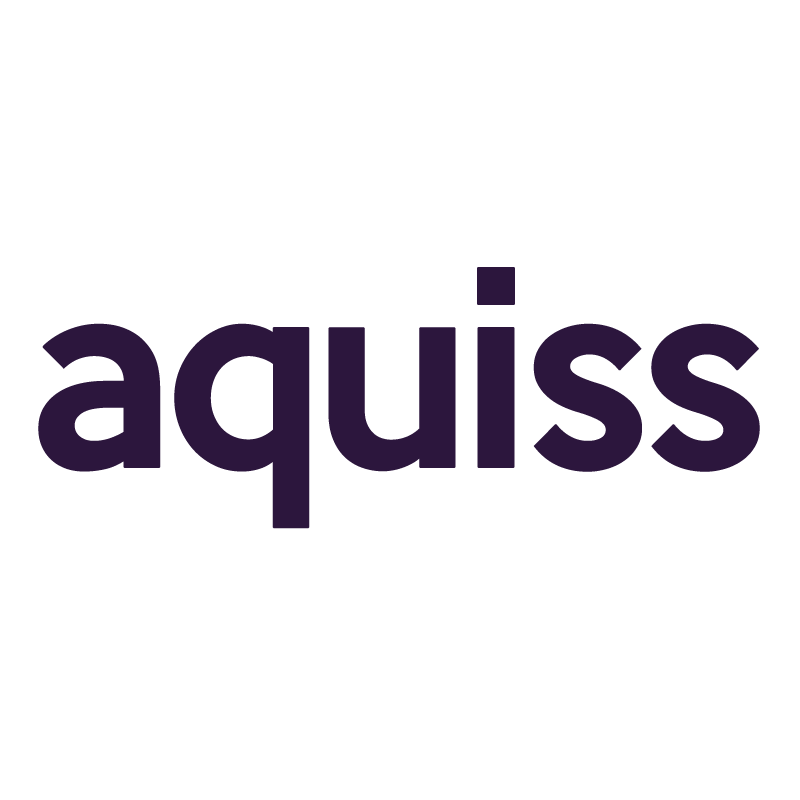

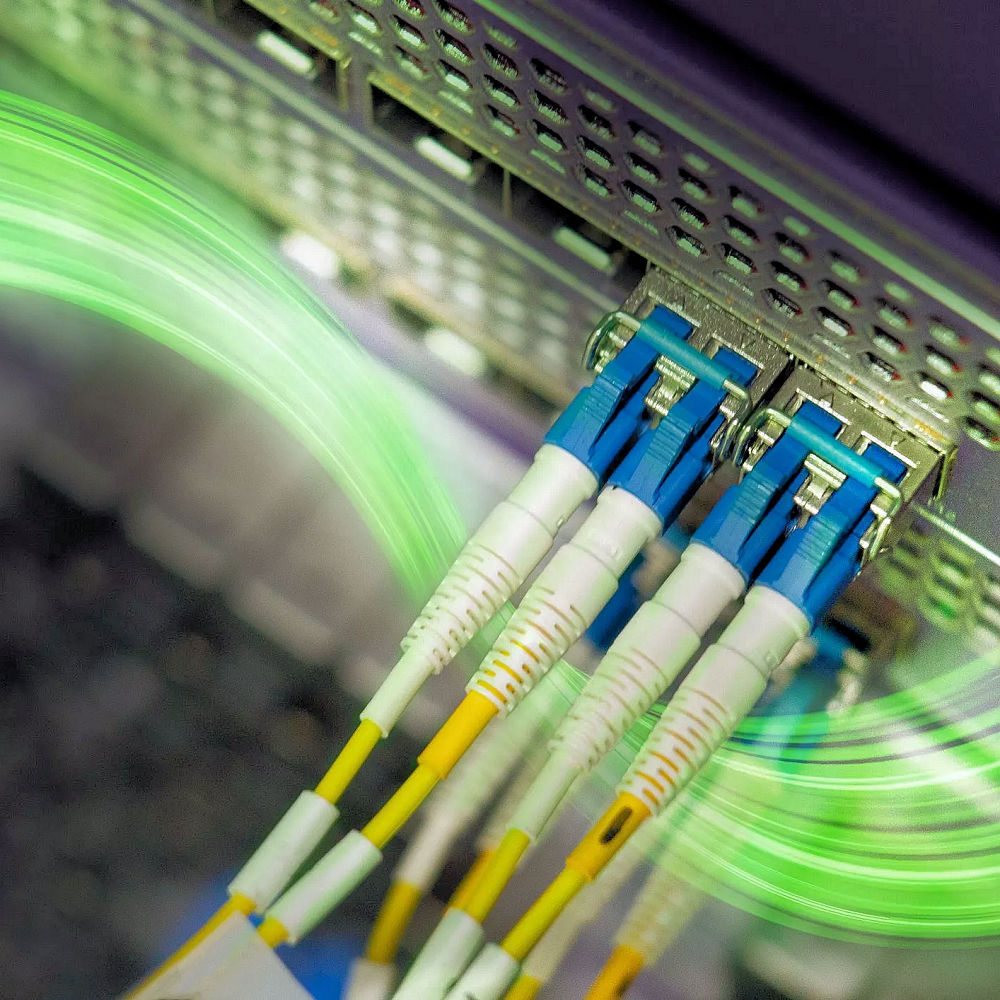

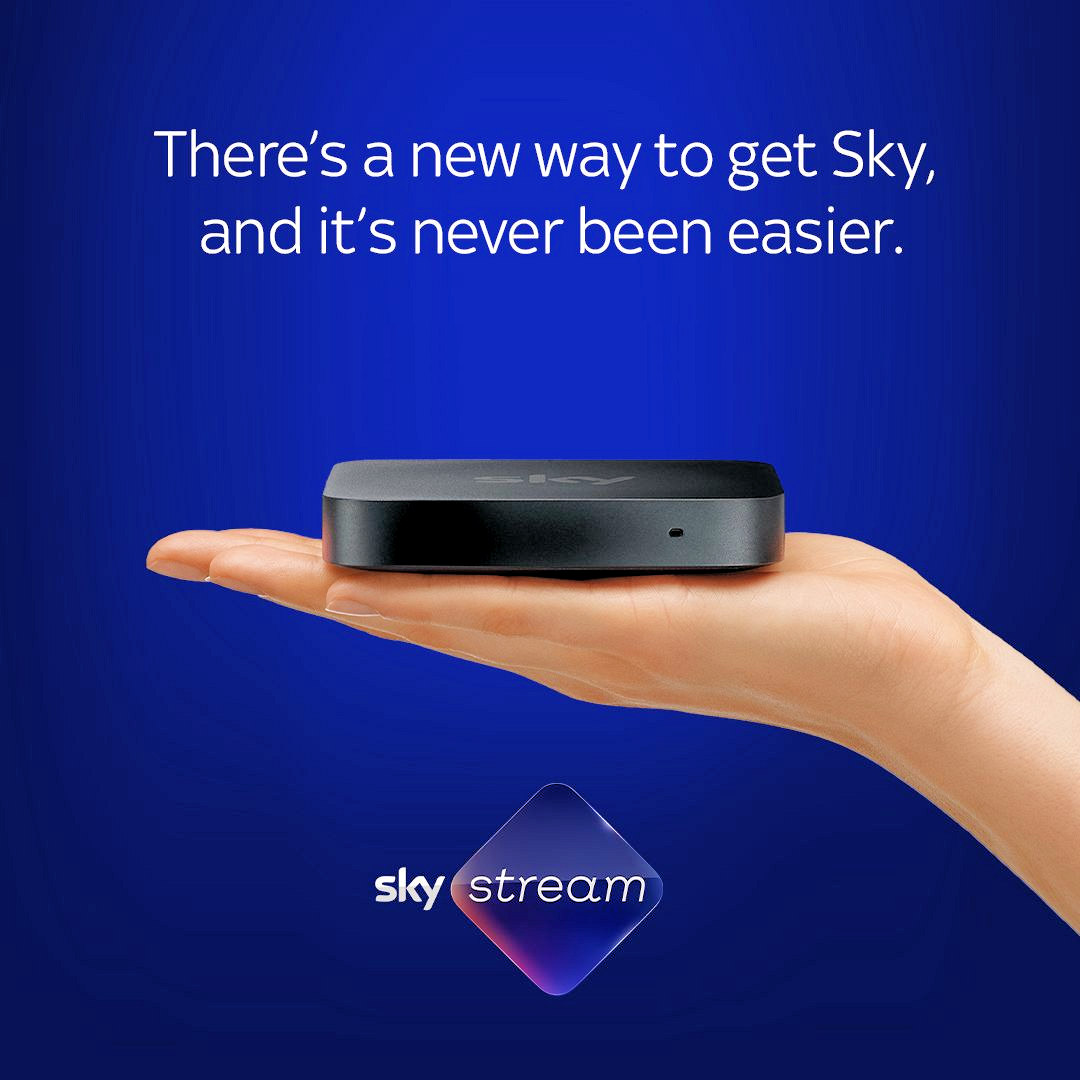
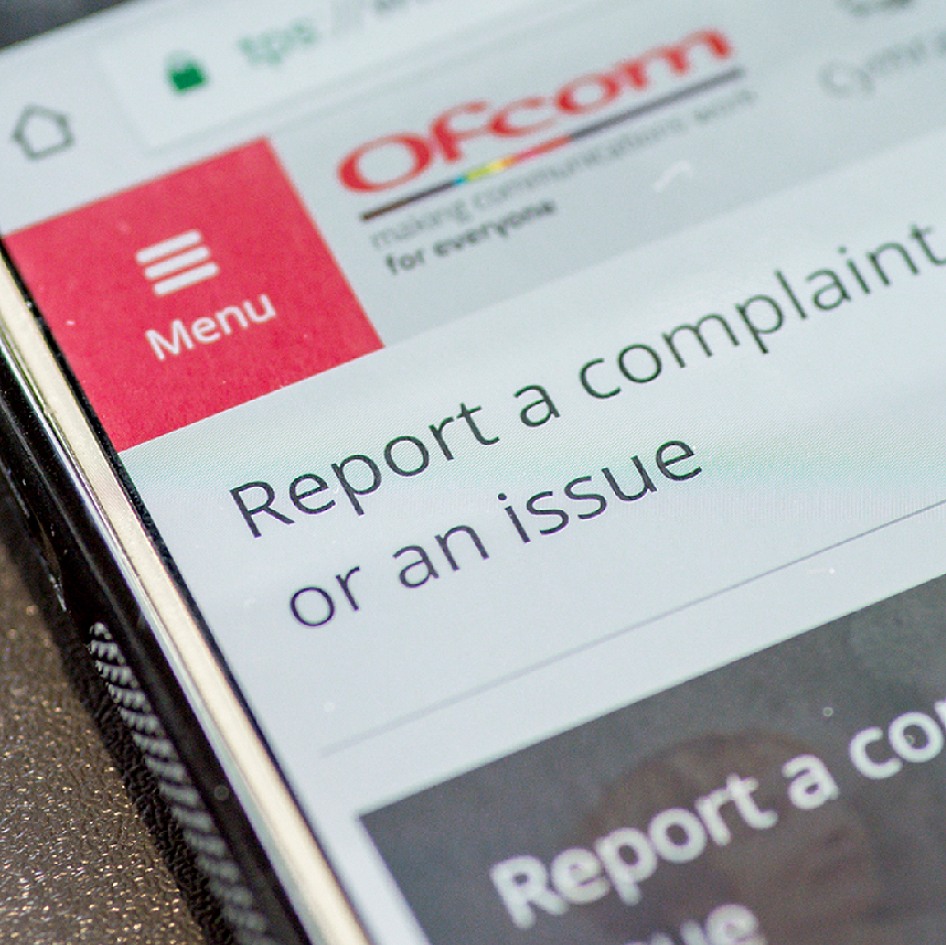











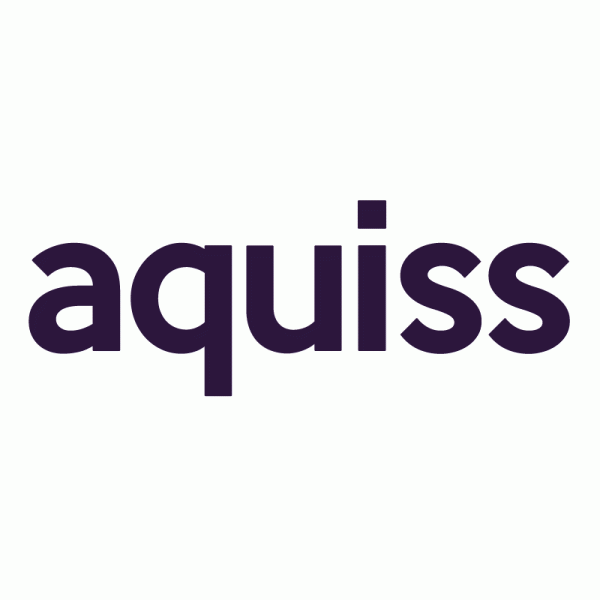



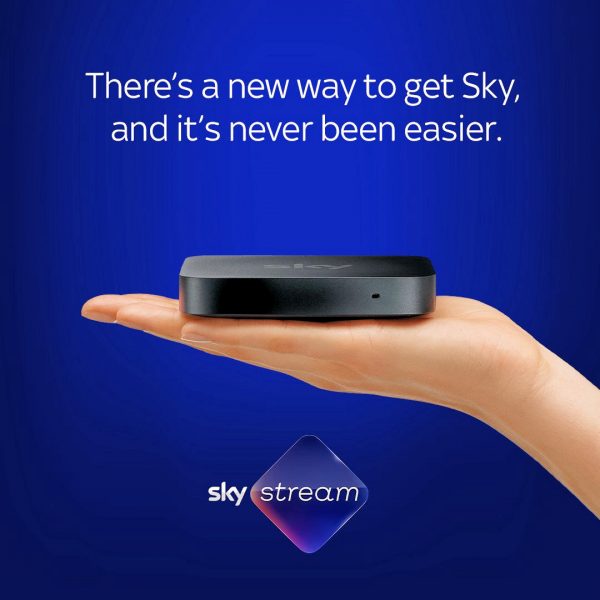


































Comments are closed